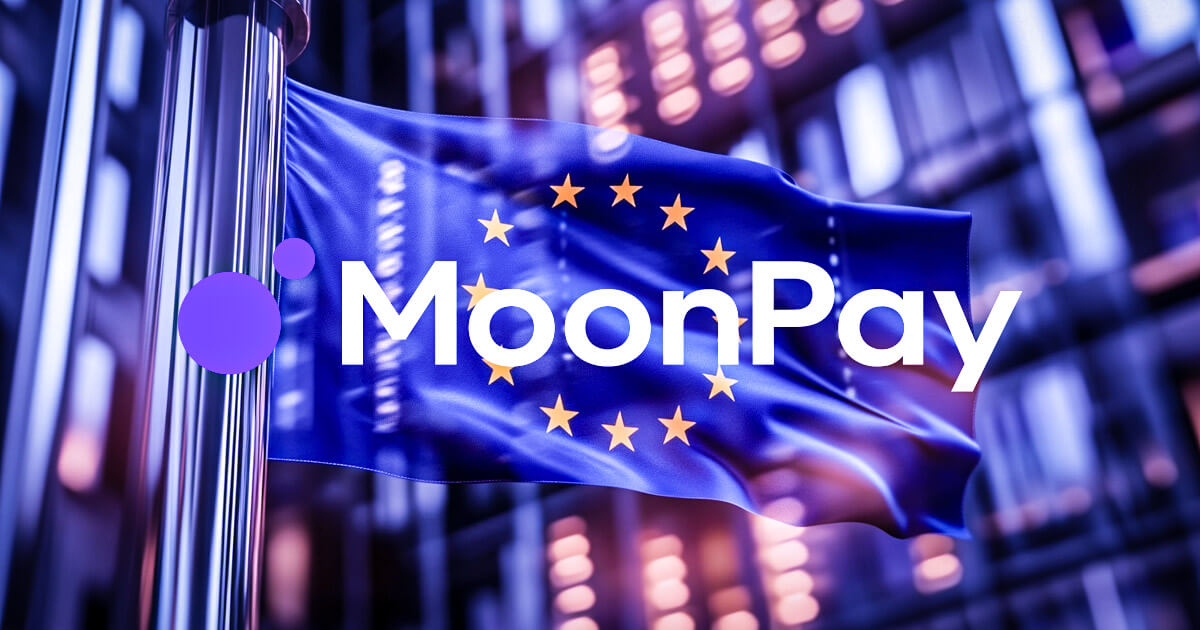What is happening?
In May, global standards setter for securities markets regulators, the International Organization of Securities Commissions (Iosco), published proposals for increasing international standards and co-operation on the regulation of crypto and digital assets activities.
At the launch, Iosco chair Jean-Paul Servais set the bar high, saying “the time has come to put an end to the regulatory uncertainty that characterises crypto activities”.
Iosco makes 18 recommendations, based around different crypto assets activities across six different areas, including conflicts of interest, market manipulation and cross-border risks. The consultation, which will be open for comment until July 31, makes clear an overarching goal for its proposals is to promote greater consistency in how Iosco members approach crypto regulation, applying a principle of “same activities, same risks, same regulatory outcomes”.
Why is it happening?
Following a series of crypto-asset players’ collapses during 2022, the most notable being digital currency exchange FTX, there has been an increased impetus behind the policing of crypto activities. Although there remain many crypto sceptics out there, there is a growing acceptance that, for better or worse, this sector is not going anywhere and will continue to grow. Therefore, regulators must implement measures to safeguard the wider financial system and to protect consumers that interact with it.
Iosco’s proposals are a first attempt to ensure there is a baseline of standards for crypto regulation across different jurisdictions and for increasing cross-border co-operation and consistency since, as with any emerging area of activity, there are differing views and approaches being adopted by governments and regulators worldwide.
For instance, the EU has developed its comprehensive Markets in Crypto-Assets (MiCA) Regulation, which looks set for implementation in the second half of 2024. Other jurisdictions are in the process of working up proposals for a regulatory framework. In the UK, for example, which first announced proposals in February, a more hybrid regulatory approach, based on existing principles for regulating financial services, seems likely.
Contrast that again with the US, where regulators — particularly the Securities and Exchange Commission — have been enforcing vigorously against crypto firms. They say such firms have breached existing securities rules and have spoken about the industry in negative terms on multiple occasions, whereas the industry itself says it needs much greater clarity about how it should be operating in order not to fall foul of the rules.
What do the bankers say?
Many in the industry feel that regulators have been far too slow to grasp the crypto nettle, so an initiative that speeds up activity, particularly among the worst laggards, would be a positive development.
The consultation explicitly references the idea of minimising regulatory arbitrage, although it avoids any explicit reference to regulatory harmonisation — that elusive and rarely achieved state often craved by firms operating across multiple jurisdictions.
Read more on crypto regs
However, the words it uses — consistency and co-operation — clearly point in that direction. Industry participants will hope there is some substance behind such terminology.
There will be some who argue that increased regulatory involvement will stifle the sector’s ability to grow and innovate. But such purists are diminishing in number; there seems to be a growing consensus that greater regulation is vital for giving this sector the legitimisation that it will need for the long term. And with more and more banks experimenting with tokenised assets, blurring the line between the crypto world and more traditional finance, having a clear set of rules will become even more vital.
Will it provide the incentives?
While the objectives of this initiative are relatively uncontentious, achieving its lofty goals in practice may be challenging.
Few would argue regulatory arbitrage or fragmentation is a good thing. Yet many of the jurisdictions currently formulating regulatory frameworks are doing so explicitly on the basis that it will make them more attractive as hubs for crypto activity. For instance, Stefan Berger, lead member of the European Parliament for the MiCA regulation, recently remarked that it “brings a competitive advantage for the EU”. They are unlikely to want to give up any perceived or real competitive edge in order to fall in line with global standards.
And, on the other side, those regulators who have spent months taking a hard-line enforcement approach on crypto may not be willing to soften their stance.
Credit: Source link













































